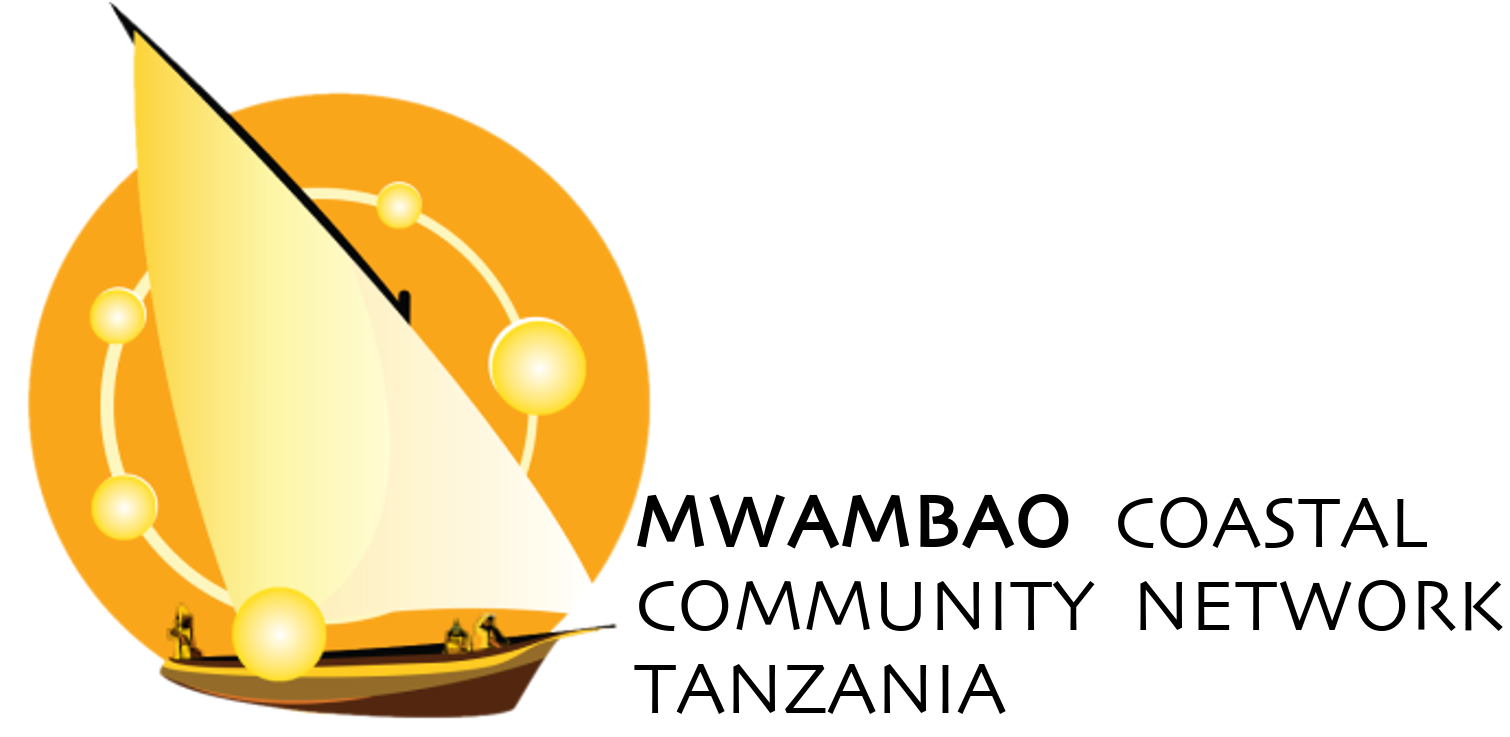OUR IMPACT
“The sea belongs to everyone, it is our responsibility to look after it”
Fishers, Mgao village, Mtwara, Tanzania
OUR IMPACT
At Mwambao, we prioritize monitoring and evaluating our impact to ensure that we are achieving our goals and making positive changes where needed. Our Monitoring, Evaluation, and Learning Team works closely with our coastal partners to assess our impact. We closely monitor our work against key performance indicators outlined in our Strategic Plan, these include the areas of;
Governance: We conduct baseline studies and capacity assessments, and every year we engage in participatory self-assessment with all fishery institutions to track progress and identify areas for improvement.
Eco-Credit: We track loans taken and repayments made, and also monitor the ecological actions taken by MKUBA group members who receive investment.
Livelihoods: We monitor the impact of our work on the livelihoods of coastal communities, particularly in terms of increased income from sustainable fishing practices.
Gender Impacts: We prioritize gender-focused training and communication programs to support the establishment and growth of women’s marine resource networks.
Biological Monitoring: We train community monitors to carry out annual monitoring of reef closures, catch monitoring of octopus and reef-fish, participatory data analysis, and monitoring of restoration sites to track changes over time. This helps us understand the effectiveness of our conservation efforts and make any necessary adjustments.
Overall, at Mwambao, we are committed to monitoring our impact and adapting our approach to ensure that we are making a positive and sustainable difference for coastal communities in Tanzania. Through our various monitoring and evaluation efforts, we are able to measure our success and identify areas for improvement. We believe that by working together with our partners and stakeholders, we can achieve our shared goal of empowering coastal communities to sustainably and equitably manage and benefit from their marine and coastal resources, while promoting gender equality and protecting the environment.



COMMUNITY-LED COLLABORATIVE MANAGEMENT
0
community fishery institutions capacity built
>
0
ha
area of community-led closures
$
0
raised through community-led closures
Figures updated: April 2023
ECOLOGICAL MONITORING & RESTORATION
0
individuals trained in octopus catch monitoring
0
individuals trained in biodiversity monitoring
>
0
catches and
>
0
octopus recorded
>
0
kg
...octopus recorded
0
reefballs constructed & deployed in 4 locations
Figures updated: April 2023


ECO-CREDIT MODEL
0
groups
>
0
members
>$
0
loans taken
Figures updated: April 2023

